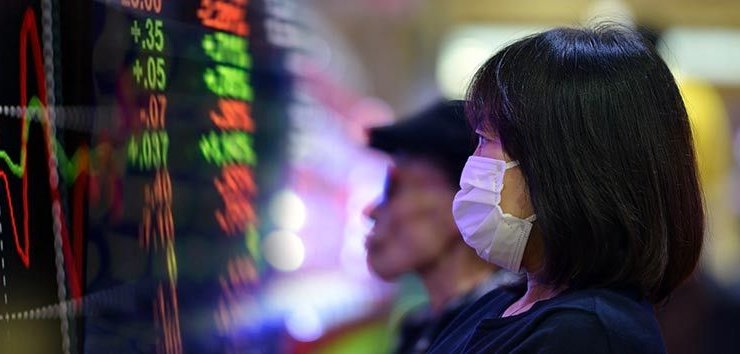In 2020, the global economy contracted by 4.3 percent, more than two and a half times more than during the 2009 global financial crisis. The expected moderate recovery of 4.7 percent in 2021 will hardly offset the previous year's losses, according to the UN World Economic Report released today.
The report emphasizes that sustainable recovery from the pandemic will depend not only on the volume of stimulus packages and the rapid deployment of vaccination programs, but also on the quality and effectiveness of these measures to make the global economy more resilient to future shocks.
“We are facing the worst global health and economic crisis in 90 years,” said UN Secretary General Antonio Guterres at the World Economic Forum in Davos, which is taking place online this year. “While mourning the growing death toll from the pandemic, we must remember that the choices we make now will determine what our common tomorrow will be like. Now more than ever we need investments in a healthy and sustainable future, where people will be placed at the very center of the entire socio-economic paradigm of the modern world. ”
Developed countries, where production is projected to grow by about 4 percent this year, were hit hard during the pandemic: in 2020, their economies contracted by an average of 5.6 percent. The decline was mainly due to forced shutdowns in manufacturing and services, as well as due to premature austerity measures that could only further complicate the situation. In developing countries, according to estimates presented in the UN World Economic Report, there was a less severe decrease in the pace of economic development - 2.5 percent, with an expected recovery of 5.7 percent in 2021.
The UN Department of Economic and Social Affairs reported that in 2020, an additional 131 million people were below the global poverty line, many of them women, children and representatives of the most vulnerable sectors of society. Women make up over 50 percent of the workforce in sectors with high levels of volatility in the pandemic, such as retail, hospitality and tourism, the sectors hardest hit by isolation. Many of them have little or no access to social protection.
12.7 trillion dollars spent on emergency measures to stimulate the world economy, according to UN experts, were able to prevent a new Great Depression. However, the sharp disparity in the size of the economic aid packages implemented in developed and developing countries will put them on different recovery paths, the report emphasizes.
Government spending to stimulate the economy per capita in developed countries last year was almost 580 times higher than in least developed countries, although average per capita income in developed countries was only 30 times higher than in poor states. Such sharp inequality, according to the authors of the report, underlines the need for closer international cooperation, including easing the debt burden of the most vulnerable group of countries.
Funding government programs to stimulate the economy led to the largest borrowing in peacetime, increasing public debt around the world by 15 percent. This massive increase in debt will place a heavy burden on future generations, the report says.
“Many middle and low-income countries are now desperate for liquidity to avoid defaulting on their debts,” the UN Secretary General said in his speech. “We see an urgent need for solidarity and financial support from all stakeholders, including private lenders. The main purpose of such consolidation is to ease the debt burden on vulnerable countries so that they do not have to choose between providing vital services to the population and servicing their debts.
An unprecedented crisis that has claimed the lives of more than two million people, which has doomed large numbers of families to poverty, exacerbated income inequality, disrupted international trade and paralyzed the global economy, requires immediate emergency action, the authors of the report note. The prospects for building a just, secure and sustainable world will depend on how effectively humankind will respond to such a grand challenge.




